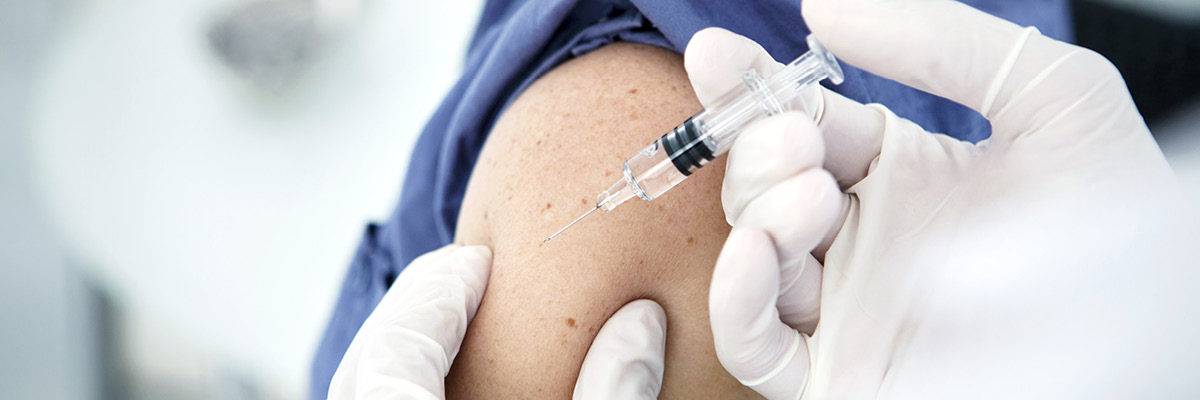

FRIDAY, Jan. 12, 2024 (HealthDay News) -- A universal coronavirus vaccine could have saved millions of lives and billions of dollars if one had been available prior to the pandemic, a new study argues.
Further, a universal vaccine -- one that targets parts of the virus common to all coronaviruses -- could still be a game-changer in the future, researchers say.
But that's only possible if one is developed before another variant mutates and runs rampant through the human population.
"COVID-19 was the third major and serious coronavirus epidemic or pandemic following SARS in 2002 and MERS in 2012, thus, we should anticipate a fourth coronavirus outbreak within the next decade or so,” said researcher Dr. Peter Hotez, dean of Baylor College’s National School of Tropical Medicine and co-director of the Texas Children’s Hospital Center for Vaccine Development.
"A universal vaccine is cost-effective and cost-saving, and a priority for advancement," Hotez added.
To figure out the potential value of having had a universal vaccine at the start of the pandemic, Hotez and his colleagues developed a computer model that simulated the entire U.S. population through the introduction and spread of COVID in 2020.
Specifically, the simulation weighed what might have happened if a universal coronavirus vaccine had been available at the start.
As history shows, scientists developed a strain-specific COVID vaccine in record time, but that still left 10 months of unchecked infection, illness and death.
Using the simulation, researchers determined that a universal vaccine would have saved money even if it had only been 10% effective against COVID and a minority of the populace had received the jab.
For example, a vaccine with 10% efficacy administered to a quarter of the U.S. population within two months of the start of the pandemic would have averted 14.6 million infections and saved more than $27 billion in direct medical costs, researchers estimate.
The benefits of a universal coronavirus vaccine would have held even if pharmaceutical companies had later crafted a better, more variant-specific vaccine, the model showed.
The findings were published Jan. 11 in the journal eClinicalMedicine.
"Our study shows the importance of giving as many people as possible in a population at least some degree of immune protection as soon as possible," said researcher Dr. Bruce Lee, a professor at the CUNY Graduate School of Public Health and Health Policy in New York.
"Having a universal vaccine developed, stockpiled and ready to go in the event of a pandemic could be a game-changer, even if a more specific vaccine could be developed three to four months later,” Lee added in a CUNY news release.
More information
The National Institutes of Health has more about universal coronavirus vaccines.
SOURCE: CUNY Graduate School of Public Health and Health Policy, news release, Jan. 11, 2024
Robitussin Honey Cough Syrup Recalled Due to Fungal Threat
Antibiotics Probably Won't Ease Your Cough, Even If Infection is Bacterial: Study